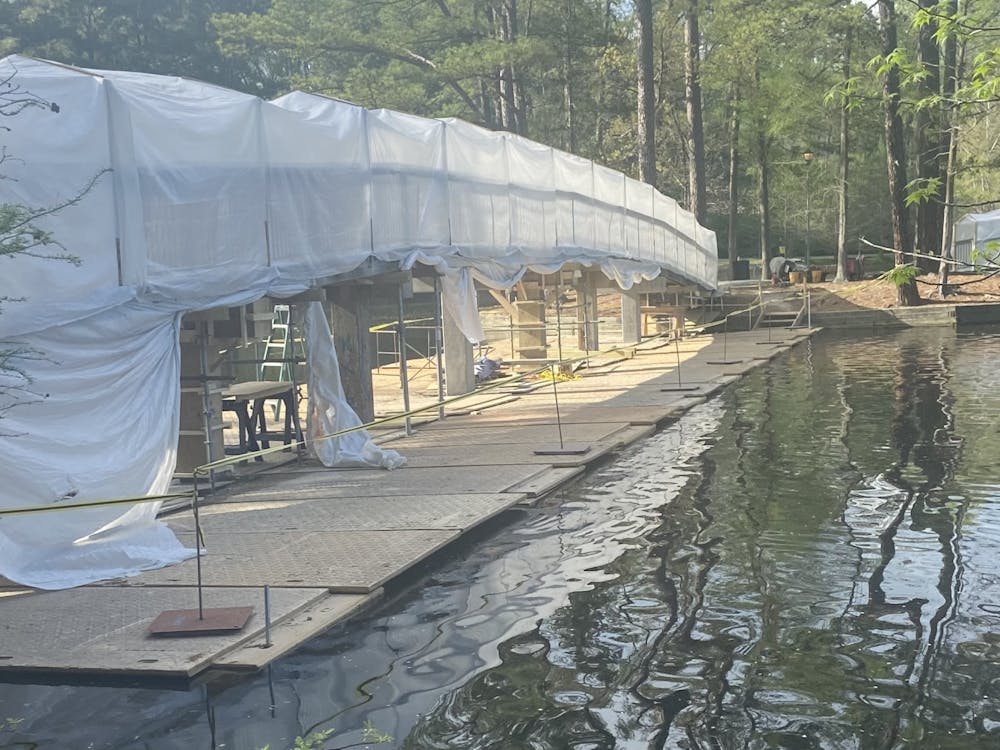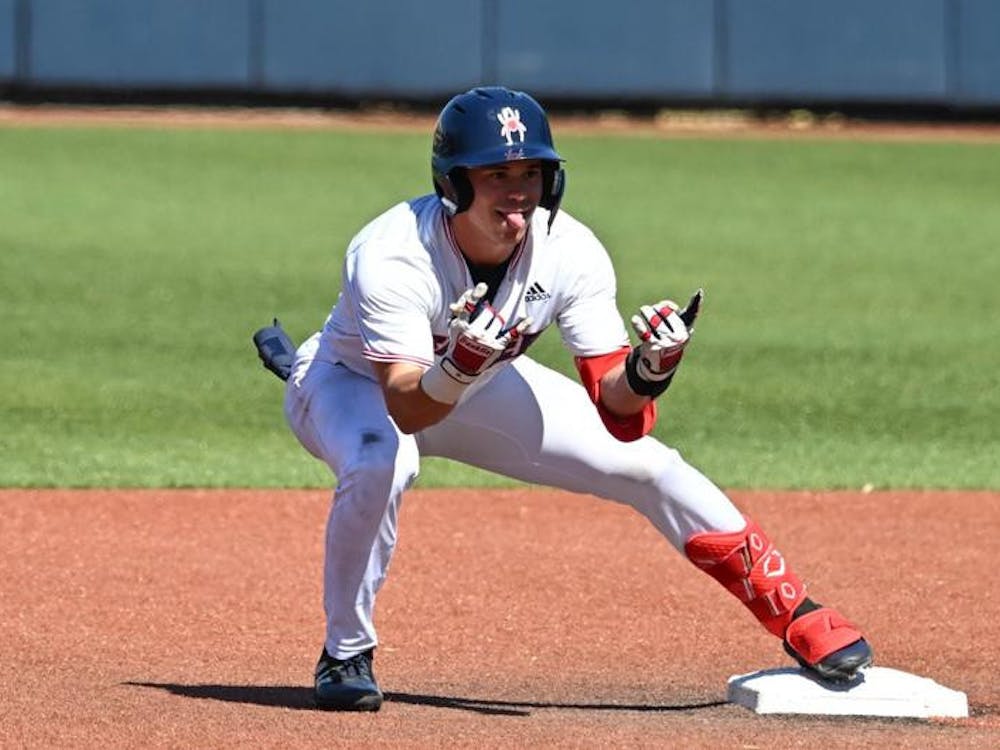Modern-day slavery expert Kevin Bales told a group of University of Richmond community members that by unlocking the science of slavery, they too can be heroes, nerds and abolitionists.
Bales, co-founder of Free the Slaves, a nonprofit organization dedicated to abolishing slavery worldwide, shared science, stories and laughs with a full room of spectators in Weinstein Hall, Brown-Alley Room last night.
A new scientific view of global slavery has opened up new progression within the modern day anti-slavery movement, Bales said.
"We're at the beginning of the end of the fourth great anti-slavery movement," he said. "This movement is focused on eradicating slavery from the planet."
Bales compared the scientific view of slavery to the creation of the study of epidemiology, the study of infectious diseases. In creating a way to scientifically approach the issue of infectious diseases, many disease rates started dropping, Bales said.
"For scholars and scientists, it's actually really exciting because we finally have science in a space where we never had it before," he said.
The anti-slavery movement is nearly reaching a tipping point, said political science professor Monti Datta. The only way to end modern-day slavery is to spread awareness of the issue and without students, the future of the movement is in jeopardy, he said.
Bales and Datta first became acquainted in 2011 when Bales came to University of Richmond to give a guest lecture, Datta said. Bales had been looking for an academic to partner with on empirical and quantitative projects, and when Datta approached him after the lecture the timing was just right, Datta said.
Bales and Datta partnered together in the creation of the Free Walk Global Slavery Index, which they launched in London last week. By the next morning there were thousands of news items around the world about the index, Bales said.
"It blew my mind," he said. Once the information started to unfold Bales and Datta were swamped with radio and news interviews, he said.
Last night's presentation provided an overview of the index and insight into measuring the number of enslaved people in the world today and the risk factors that lead to enslavement. Thirty-one variables are used to give a set of scores for five dimensions that are broken down to determine a country's risk of slavery.
The five dimensions are the level of discrimination, the presence of slavery policies, the state stability, levels of human rights, and level of human development rights.
Enjoy what you're reading?
Signup for our newsletter
"One of the most powerful indicators of whether someone will end up in slavery is the amount of corruption within a country," Bales said.
The index provides a ranking of 162 countries, with number one ranking the worst and 160 being the best, according to the Findings Overview. The United States is ranked 134 on the index with estimated 57,000-63,000 enslaved people.
"Policy makers, activists, governments and non-government organizations are all becoming aware of modern day slavery," Datta said, "But most are not informed about the broad diversity of kinds of slavery that still exist."
Bales stated a statistic about 95% of Americans know the terms "human trafficking" and "modern day slavery," but that their understanding of the terms doesn't go much further. The next step is to dig deeper with science, Bales said.
"When you want to solve a problem you have to think about it in a complex way," he said. "You can't say that people do it because they're evil. You have to look at it in a logical way and crack it from there."
In addition to his work at Free the Slaves, Bales has also authored several books on slavery and is a professor of contemporary slavery at the Wilberforce Institute for the Study of Slavery and Emancipation at University of Hull in the United Kingdom.
The talk was sponsored by the University of Richmond's Department of Political Science, the Women Involved in Living and Learning (WILL) and the Sophomore Scholars in Residence (SSIR) programs.
Contact staff member Kylie McKenna at kylie.mckenna@richmond.edu
Support independent student media
You can make a tax-deductible donation by clicking the button below, which takes you to our secure PayPal account. The page is set up to receive contributions in whatever amount you designate. We look forward to using the money we raise to further our mission of providing honest and accurate information to students, faculty, staff, alumni and others in the general public.
Donate Now


